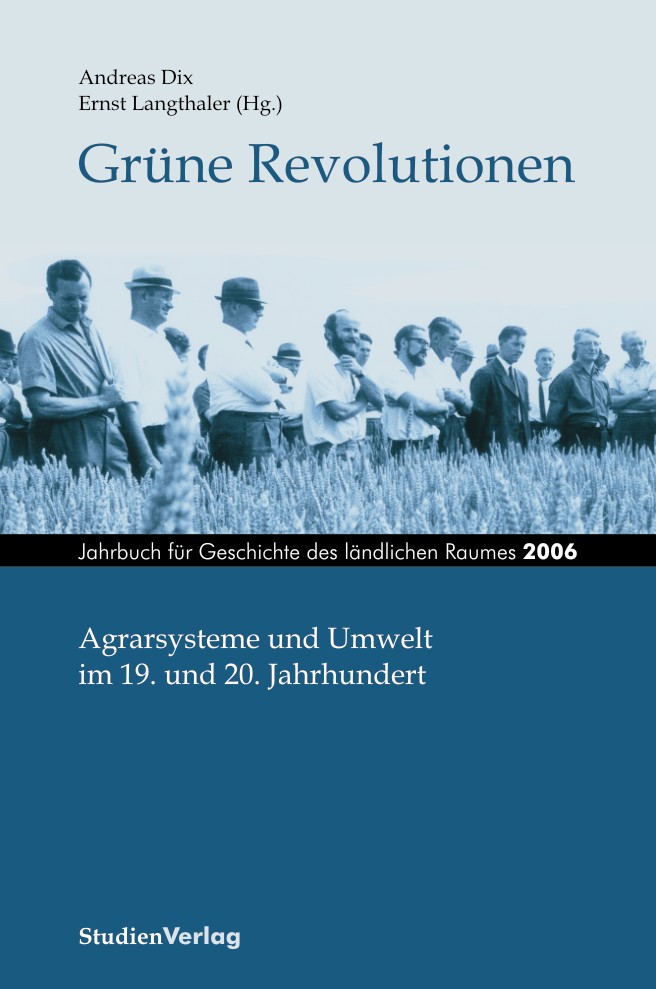Vom Kreislauf zum Durchfluss
Österreichs Agrarmodernisierung als sozialökologischer Transformationsprozess
DOI:
https://doi.org/10.25365/rhy-2006-2Abstract
From a socio-ecological perspective, which focuses on biophysical relations (i.e., material and energy flows), agricultural modernisation appears as a process during which both the mode of operation of agriculture and its social-metabolic function within the economy underwent a fundamental transformation. Pre-industrial agriculture was characterised by a strong dependence on locally available resources and rates of natural renewability. This resulted in a land use system based on the local combination of different types of land use and animal husbandry, which allowed for a stabilisation of soil fertility and yields at a certain level, but also limited the possibilities for spatial concentration, specialisation and physical growth. During the 19th century a process of optimisation led to a significant increase in agricultural output. However, this process did not suspend the limitations of the controlled solar energy system but agriculture increasingly converged the elastic boundaries of the old socio-ecological regime. Only after World War II the penetration of agriculture with fossil fuel based technologies allowed to overcome the tight physical limits of the old system. During industrialisation, agriculture developed from a low-input/low-output system to a throughput system. The system of local optimisation was abandoned in favour of the integration at a national and global level and labour productivity increased at the expense of the energy efficiency of agriculture.


